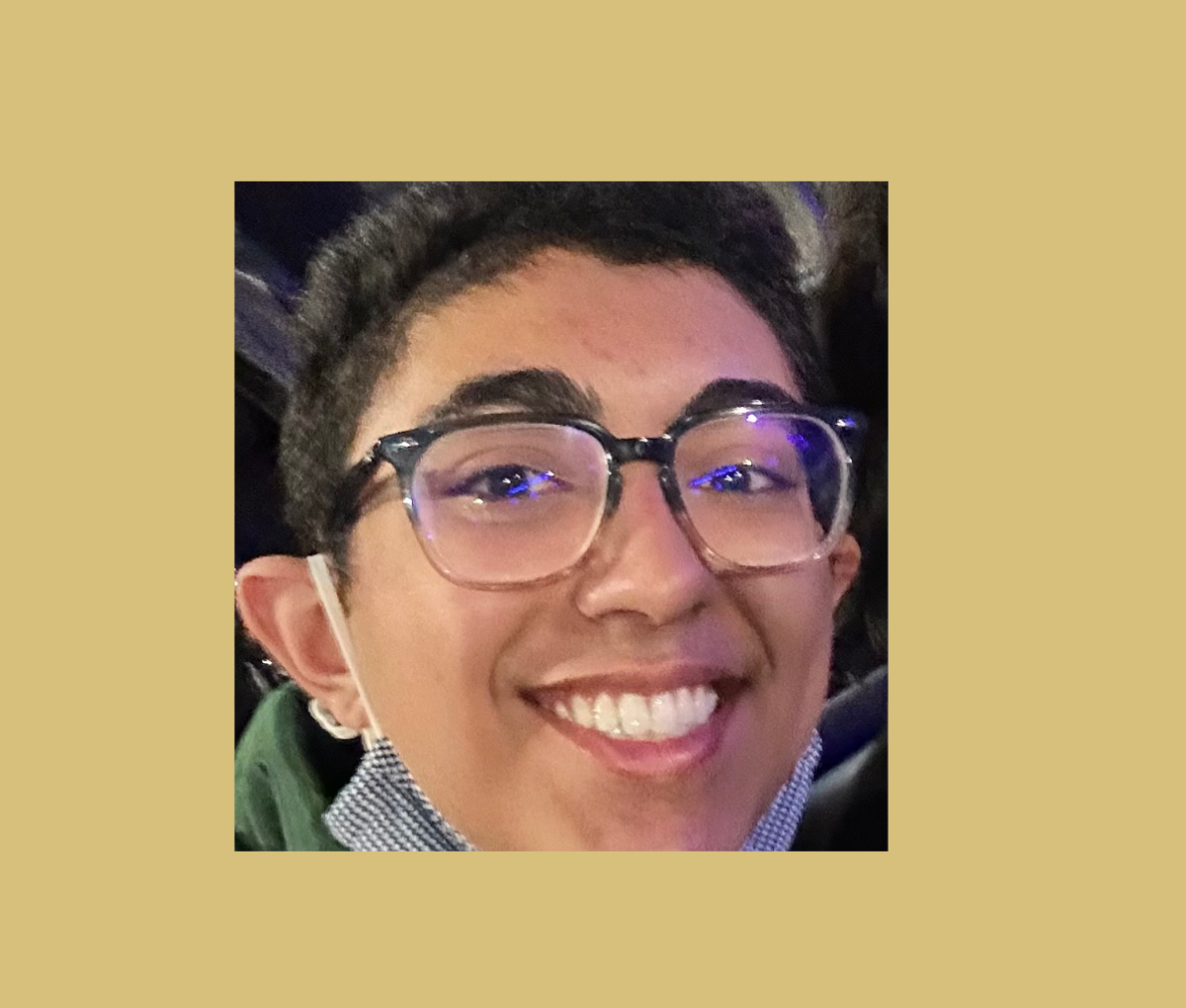As a fourth-generation American of Asian descent, I find it preposterous that I have to justify how American I am. With the insurgence of Asian hate crimes across the nation, which started with the pandemic to the atrocious shootings in Atlanta, the reported attacks are close to 3,000 incidents. As much as I don’t feel the flight, I am undeniably forced to hear the rhetoric of my people. As many in the Asian and AAPI (Asian American and Pacific Islander) community now live disrupted in fear, doubt, and anger, the stigma of being foreign is painfully real.
Racism has and always will be a systemic problem in our society. The demeanor and actions of many politicians have certainly exacerbated the violent behaviors and augmented the fuel to hate. But the divide is deeper than that. The wounds are silent, but they are still raw. The hurt has never healed from the days of the Chinese Exclusion Act, the Chinese Massacre of 1871, and Japanese Internment Camps.
“#StopAsianHate, #NotYourModelMinority, #AsianLivesMatter #DontMarginalizeUs”.
These hashtags are trending; but honestly, they are words without a backbone. For too long, racism against Asian Americans has been minimized and ignored. The invisibility and inability to proactively raise awareness have resulted in today’s powerless struggle. How is it that America, the sophisticated leader of the free world, tolerates such barbarism and inhumanity?
I truly believe that humans are not born with the sharpened skills to judge and hate. This is a learned habit with encouraging repetition. The hate is then passed down through the generations, from innocence to vitriol. In my opinion, the underlying culprit is simply awareness and exposure. Raising awareness is not just muttering words, marching protests, or posting to social media. To navigate proper awareness, the dialogue and training must start at the home base. Home is where core values are taught. Strong family ideals perpetuate and nurture the importance of respect and the understanding of inclusivity. People often fear differences and won’t rise to the occasion to explore and learn. But, if they are curious enough to probe, there are always more similarities than differences.
As a young adult, I shouldn’t have to worry about my safety. Living the American dream and being a fabric of the melting pot, I should not have to defend why I look different, why I eat certain foods, why I can speak English without an accent, why I am not the model minority, and lastly why I deserve to belong.
The three generations preceding me have molded me into an upstanding and unique individual. I don’t have to be as American as apple pie. As a matter of fact, my discerning tastes prefer Maine wild blueberry pie. And without a doubt… I can proudly say, I am American.



